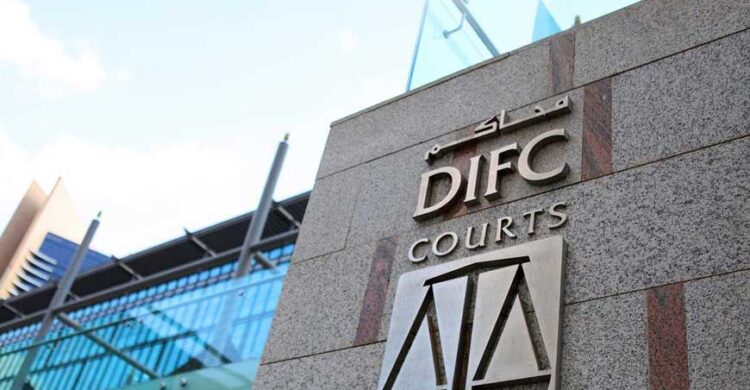
The Dubai International Financial Centre (DIFC) is a vibrant hub for finance and business in the Middle East, attracting global companies and investors. However, navigating the legal landscape in the DIFC can be complex, especially with its unique regulatory environment. Whether you're a startup, an established business, or an individual, choosing the right DIFC lawyer is crucial for addressing legal challenges effectively. Here’s what you need to know.
The DIFC operates under its own legal system, separate from the UAE federal laws. This includes a distinct court system and regulatory framework, which means that legal practitioners in the DIFC must be well-versed in both local and DIFC-specific regulations. Familiarity with this dual system is essential when seeking legal advice or representation.
When choosing a lawyer in the DIFC, consider their expertise in the following areas:
1. Corporate Law: For businesses, understanding corporate governance, compliance, and contract law is vital. Look for a lawyer experienced in corporate structuring and commercial contracts.
2. Dispute Resolution: DIFC courts are known for their efficiency in handling commercial disputes. A lawyer with experience in litigation, arbitration, and mediation within the DIFC can provide invaluable assistance.
3. Regulatory Compliance: The DIFC is governed by various regulatory bodies, including the Dubai Financial Services Authority (DFSA). A lawyer knowledgeable about compliance requirements can help businesses avoid pitfalls and ensure adherence to local regulations.
4. Employment Law: Understanding the nuances of employment law in the DIFC is essential for businesses hiring staff. Legal counsel can assist in drafting contracts, handling disputes, and navigating employment regulations.
5. Intellectual Property: Protecting intellectual property rights is crucial for businesses, especially in a competitive market. Seek a lawyer who specializes in IP law within the DIFC framework.
Look for lawyers who have a strong background in the DIFC legal system. Check their qualifications, years of experience, and any specializations relevant to your needs. Consider their track record in handling cases similar to yours.
Effective communication is key to a successful attorney-client relationship. Your lawyer should be able to explain complex legal concepts in a way that’s easy to understand. A responsive lawyer who keeps you informed will make the legal process smoother.
Research potential lawyers by looking at client testimonials, case studies, and online reviews. A reputable lawyer will have positive feedback and can provide references upon request.
Understanding the cost structure upfront can prevent surprises later. Discuss fees, billing practices, and whether they charge hourly rates, flat fees, or contingency fees. Ensure that their services fit within your budget.
Most lawyers offer initial consultations, which can be an excellent opportunity to gauge their approach and compatibility. Use this meeting to ask questions about their experience, strategy, and how they would handle your specific legal challenge.
Once you've chosen a lawyer, fostering a collaborative relationship is crucial. Be transparent about your goals and concerns, and don’t hesitate to seek clarification on legal processes. A strong partnership will not only help address your current legal challenges but also prepare you for future needs.
Navigating the legal challenges in the DIFC can be daunting, but with the right lawyer by your side, you can confidently tackle any issues that arise. Take the time to choose a legal partner who understands the intricacies of the DIFC’s legal landscape and can provide the support you need. By investing in quality legal counsel, you can focus on what matters most—growing your business and achieving your goals in this dynamic financial center.